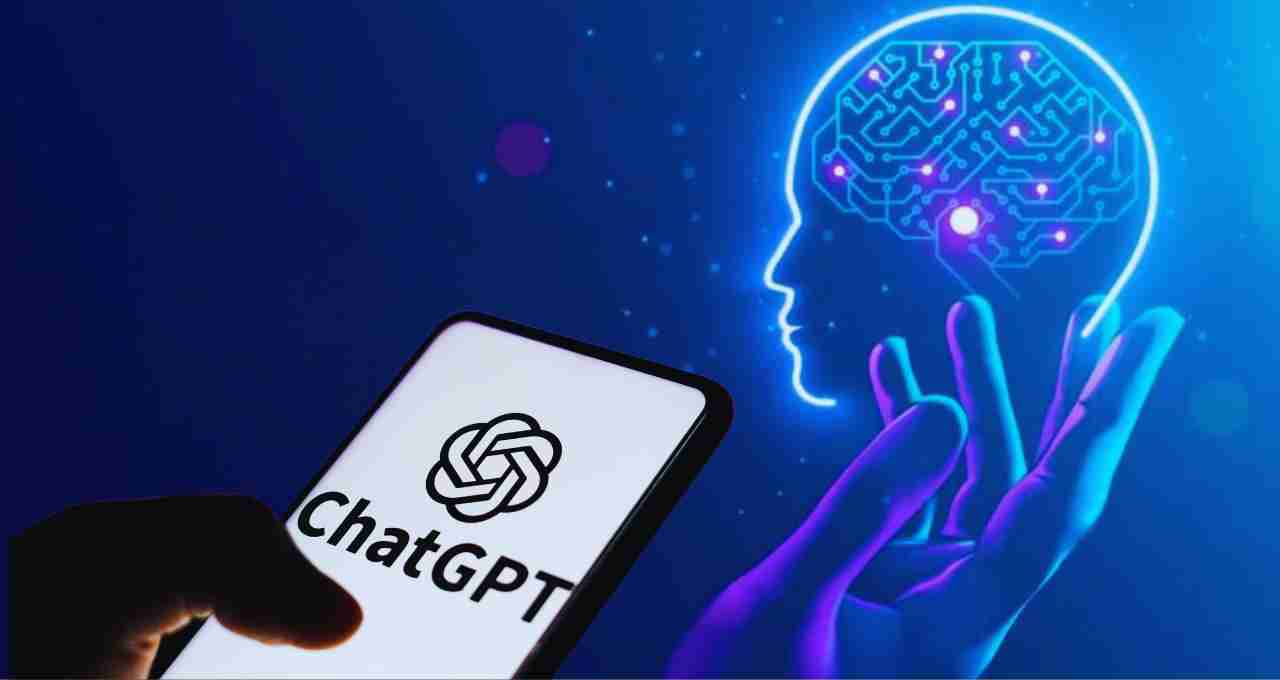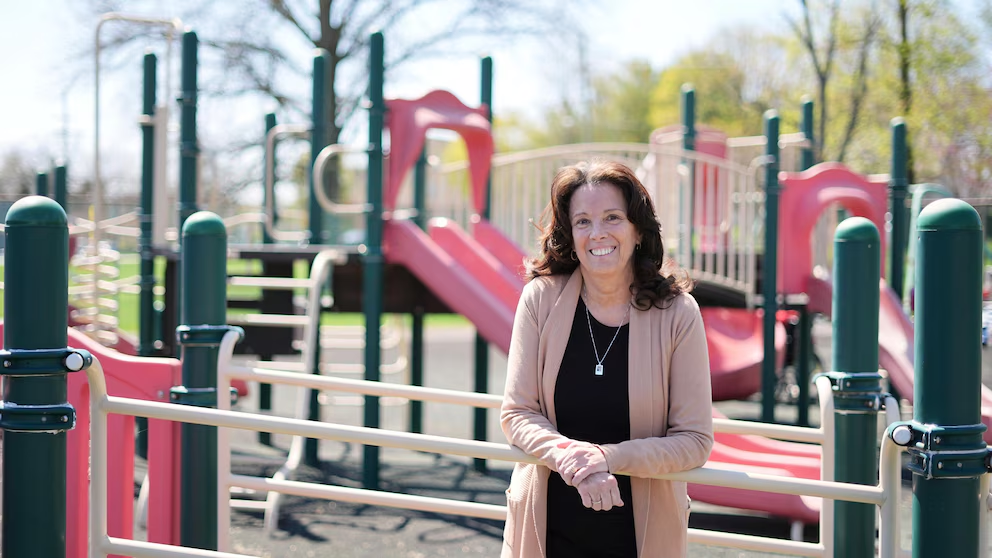
In recent years, artificial intelligence (AI) tools like ChatGPT have revolutionized how we access information, communicate, and perform various tasks. ChatGPT, developed by OpenAI, offers instant, conversational assistance that can generate text, answer questions, and even aid in complex problem-solving. While these advancements promise increased efficiency and accessibility, they also spark a critical debate about the unintended consequences on our cognitive abilities.
As users increasingly depend on ChatGPT for answers, content creation, and decision-making, questions arise: Are we unintentionally undermining our critical thinking skills? Are we becoming more dependent on AI, thereby weakening our ability to think independently? And what does this mean for AI literacy and skills in the long run? To explore these concerns, we will delve into how ChatGPT and similar AI tools are reshaping consumer behaviors and cognitive development.
The Dependency Dilemma: Convenience Versus Cognitive Degradation
One of the primary benefits of ChatGPT is its convenience — providing quick, accurate information that saves time and effort. However, this convenience might come at a cost. When users lean heavily on ChatGPT for routine inquiries, decision-making, or even creative processes, it can diminish their capacity to analyze information critically or develop their own reasoning abilities.
- Over-reliance on AI for Problem Solving: Just as GPS has changed navigation habits, reliance on ChatGPT might reduce our navigational skills in critical thinking. Instead of mentally engaging with problems, users might accept AI-generated solutions without questioning their validity.
- Decreased Ability to Synthesize Information: Critical thinking involves assessing various perspectives, identifying biases, and synthesizing data into coherent understanding. Dependence on AI to perform this synthesis can weaken our own analytical muscles.
- Skill Atrophy: Just like physical muscles weaken with disuse, cognitive skills can atrophy when not regularly exercised. Relying on ChatGPT for summaries, explanations, or ideas might lead to a decline in independent thinking skills.
The Impact on Critical Thinking
Are We Losing Our Critical Edge?
Critical thinking is fundamental to informed decision-making, creativity, and innovation. It involves questioning assumptions, evaluating evidence, and reasoning logically. When consumers lean on AI tools, there is a risk that their capacity to engage in deep, critical analysis diminishes.
According to Business Standard, there are growing concerns that ChatGPT might be making users “less critical” by providing instant answers that discourage probing and healthy skepticism. Instead of questioning the source or reasoning behind information, users might accept AI outputs at face value, leading to a decline in analytical rigor.
Potential Long-term Consequences
If this trend continues, it could lead to a generation less equipped to function without AI assistance, which is particularly problematic in fields demanding high-level reasoning, such as research, policy-making, or complex decision-making.
Dependence vs. Skill Acquisition
Another critical issue is the erosion of **AI literacy** — the ability to understand, interpret, and critically evaluate AI-generated content. As users grow dependent on ChatGPT without understanding how it works or its limitations, their skills in discerning reliable from unreliable information weaken.
- Knowledge Degradation: Relying on AI for facts can lead to superficial understanding, where consumers know the answer but lack deep comprehension of the underlying concepts.
- Reduced Creativity and Innovation: When users accept AI-generated ideas without challenge or modification, creative engagement diminishes, impacting innovation potential.
- Skill Gap in AI Literacy: The more users depend on AI without understanding its mechanics, the broader the skills gap becomes, making society less prepared to create, regulate, and ethically use such technologies.
Balancing AI Assistance with Cognitive Development
While the concerns are valid, AI tools like ChatGPT have undeniable benefits if used wisely. The key is balanced integration — leveraging AI to augment human skills rather than replace them:
- Active Learning: Users should aim to understand the reasoning behind AI responses rather than passively accepting answers.
- Critical Evaluation: Always question and verify AI-generated information through additional sources or analysis.
- Skill Enhancement: Use AI as a collaborative partner to enhance creativity, such as brainstorming, but not as a shortcut to skip critical thinking exercises.
The Role of Education and Policy
Institutions and policymakers must recognize the potential risks and foster digital literacy that includes AI literacy. Incorporating curricula that teach users how AI models function, their limitations, and ethical considerations is vital to ensure responsible and skillful use.
The Future Outlook: Challenges and Opportunities
As AI continues to evolve, so must our strategies to maintain and develop critical thinking and AI skills. The challenge lies in ensuring that consumers are not just passive recipients but active thinkers capable of engaging with AI in meaningful ways. This requires:
- Awareness of AI’s limitations and biases
- Development of metacognitive skills to think about one’s thinking processes
- Promoting curiosity and skepticism in the digital age
Conclusion: Navigating the AI-Enabled Future
ChatGPT and similar AI tools are powerful assets that, if used judiciously, can greatly enhance productivity and learning. However, unchecked dependence may threaten essential cognitive and critical thinking skills, which form the foundation of personal and societal progress. The onus is on us — as individuals, educators, and policymakers — to strike a balance that harnesses AI’s capabilities while safeguarding our intellectual independence.
By fostering an environment that promotes active engagement, skepticism, and understanding of AI mechanics, we can ensure that technology serves as a facilitator rather than a crutch. The future of AI and human cognition depends on our ability to adapt responsibly and thoughtfully.
For more updated news please keep visiting Prime News World.








